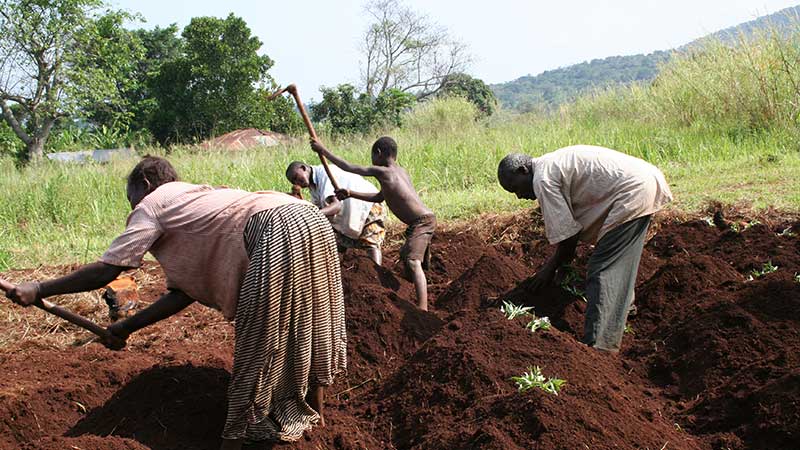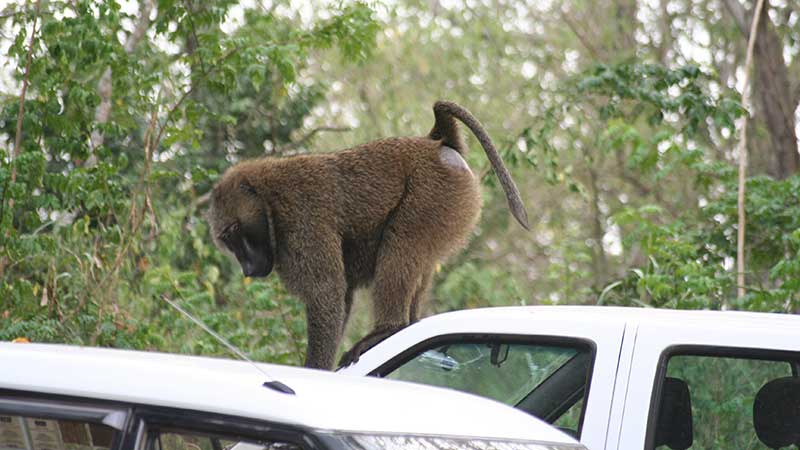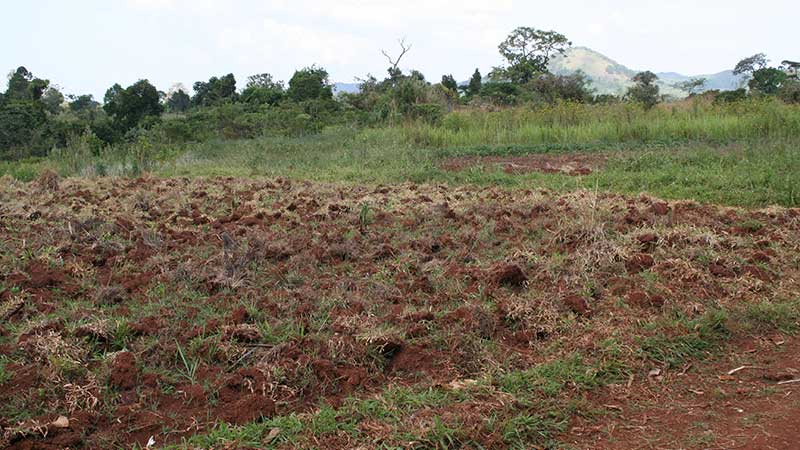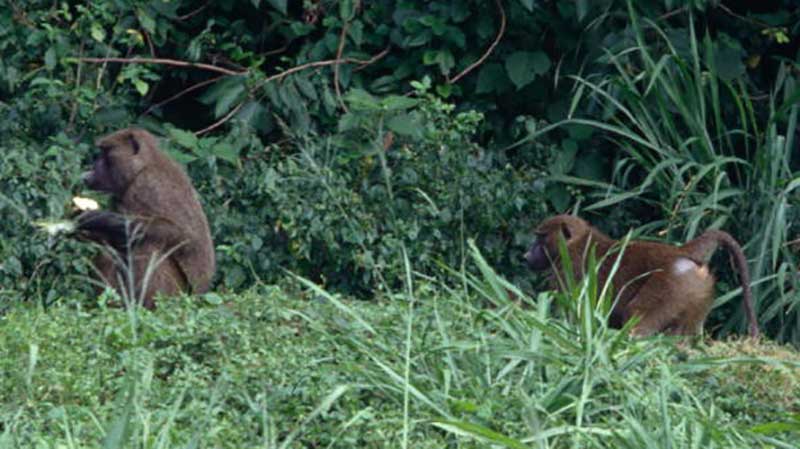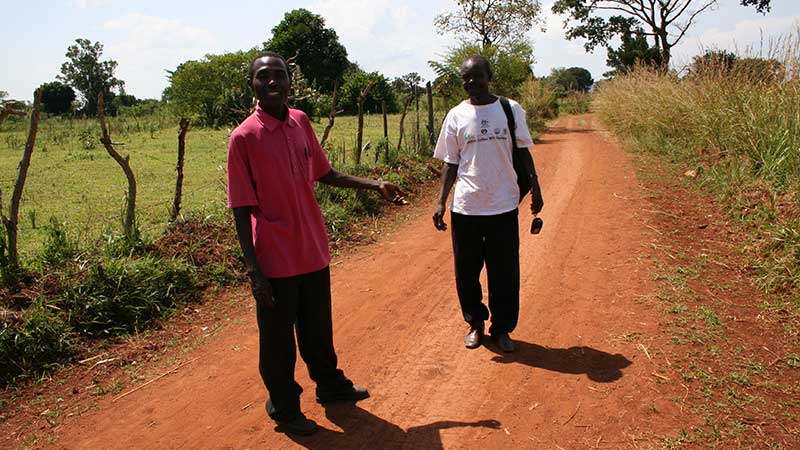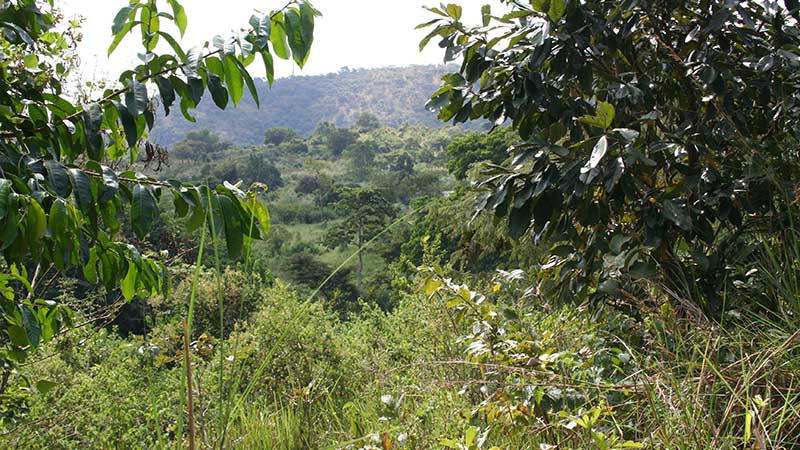The conflict that takes place about wildlife in Africa is one of the most pressing and complex challenges facing wildlife conservation in the 21st century. At first glance, these conflicts appear to be about the impact of wild animals on the livelihoods and safety of farming communities. Yet it’s rarely this straightforward: often they are the result of underlying issues relating to world views, problems of trust, power inequalities and historical disputes and tensions.
For over 20 years, Professor Catherine Hill has researched these tensions in African countries using her expertise to drive change. As well as improving farmers’ interactions with wild animals encroaching on their crops, she has worked with wildlife managers to develop their understanding, and has shaped policy on conservation.

